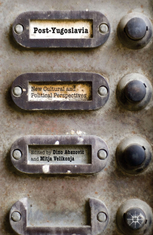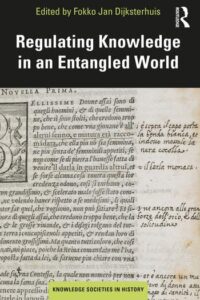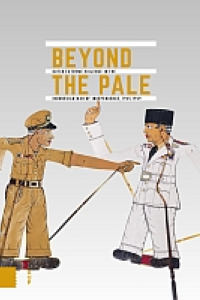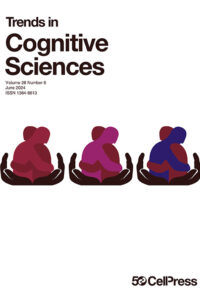The edited volume “Post-Yugoslavia. New Cultural and Political Perspectives” (Palgrave MacMillan, 2014) is a result of a project that was carried out during the academic year 2011/12 by the theme group “The Real and the Imagined in Contemporary Balkans.”
About the Book
Designed as an interdisciplinary scholarly examination of the present-day identities and histories inside and outside the former Yugoslavia, this book explores relationships with the social, political, cultural and historical ‘facts and fictions’ that have marked the pre, peri and post-war dynamics of different parts of the region. Moreover, this innovative collection further studies the connections that the nations which comprise the former Yugoslavia have with the world and the actors and processes of transformation that are implicated in those relationships both within and beyond the region. The individual contributions address the social, political and symbolic processes by which competing histories and identities are continuously re-imagined and reconstructed, whether in the personal narratives of migrants, in ICTY courtrooms, in spaces of religious worship or in the offices of politicians. Collectively, the contributors show that while nationalism is still a relevant force other social dynamics and the narratives about them have a significant influence on individual countries as well as the region as a whole. The result is an extremely evocative volume that is an important read for students and scholars of political, social and cultural issues in the former Yugoslavia.
Get the book from Athenaeum Booksellers, Amsterdam’s largest independent bookstore.
From the Acknowledgements
“Being at NIAS also meant being in a rich international intellectual community of scholars – and one exceptional writer – many of whom have shown genuine interest and enthusiasm for our work by attending our seminars, workshops, conferences and film screenings, and engaging in passionate debates. We thank them all, with special thanks to Reif Larsen for the Foreword. And we thank NIAS for the chance to meet them, and enjoy their friendship and intellectual input into our work.
We are also aware of the effect our “Balkans group” and our group work had on our individual projects. We regularly set together to read and discuss each other’s papers, and beyond that, made black humour jokes just about everything. So, saying that this book is a result of a “group fellowship” may be seen in quite a literal fashion.”
Reviews
‘This volume is a testament to what can be achieved when, in proximity of the Scheveningen prison for war criminals, a group of scholars, joined by an American bestselling author, take a long-distance look on ‘post-Yugoslavia’, a country that does not belong to the geo-political reality but is not less real for that fact. The essays in this volume offer a fresh critical glance at the usual post-conflict tropes but by looking beyond them engage masterfully with emerging social, cultural and political phenomena that fertilise the exhausted soil of Post-Yugoslavia.’
– Igor Štiks, Edinburgh College of Art, The University of Edinburgh, UK
About the Authors
- Dino Abazović is Associate Professor of Sociology of Religion at the University of Sarajevo, Bosnia-Herzegovina.
- Mitja Velikonja is Professor of Cultural Studies and Head of the Research Centre for Cultural and Religious Studies at University of Ljubljana, Slovenia.
- Marlies Glasius is Professor of International Relations at the University of Amsterdam.
- Maria Koinova is Associate Professor at Warwick University, UK.
- Reif Larsen is a novelist and NIAS writer-in-residence.
- Vjekoslav Perica is Professor of History at the University of Reijka.
- Dubravka Zarkov is an Associate Professor in Gender, Conflict, and Development at the Institute of Social Sciences, The Hague/Erasmus University Rotterdam.



